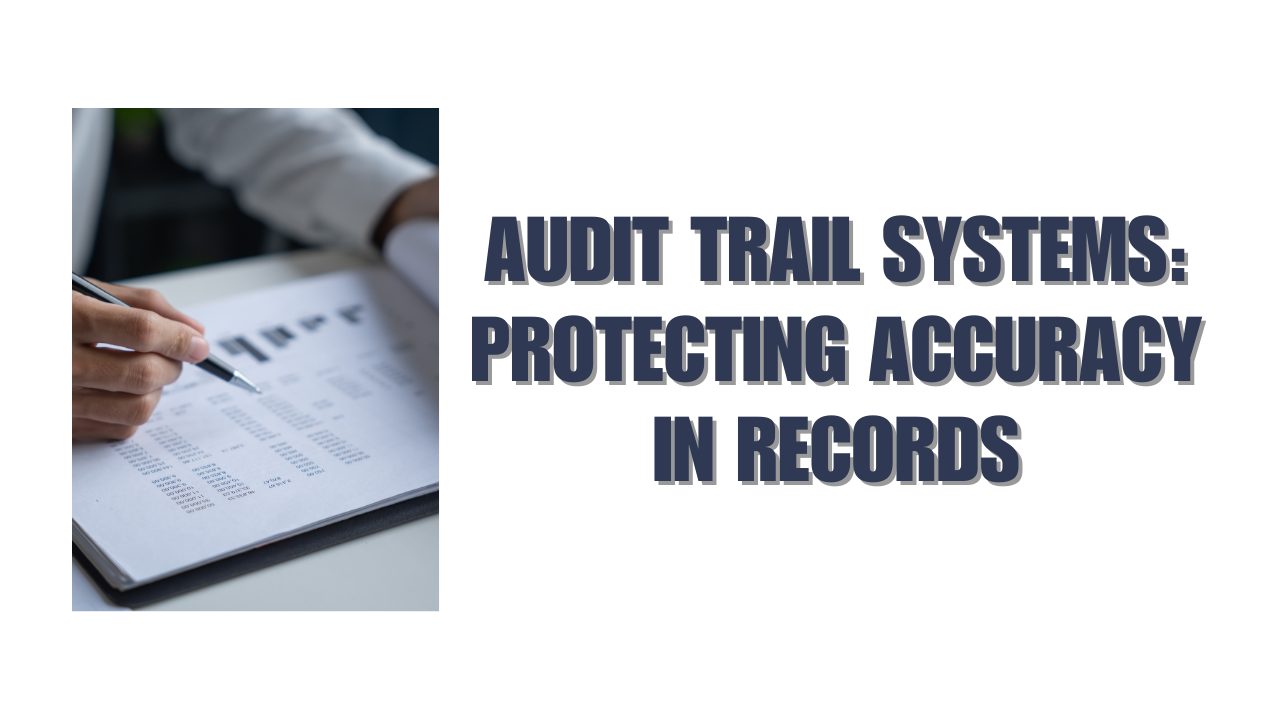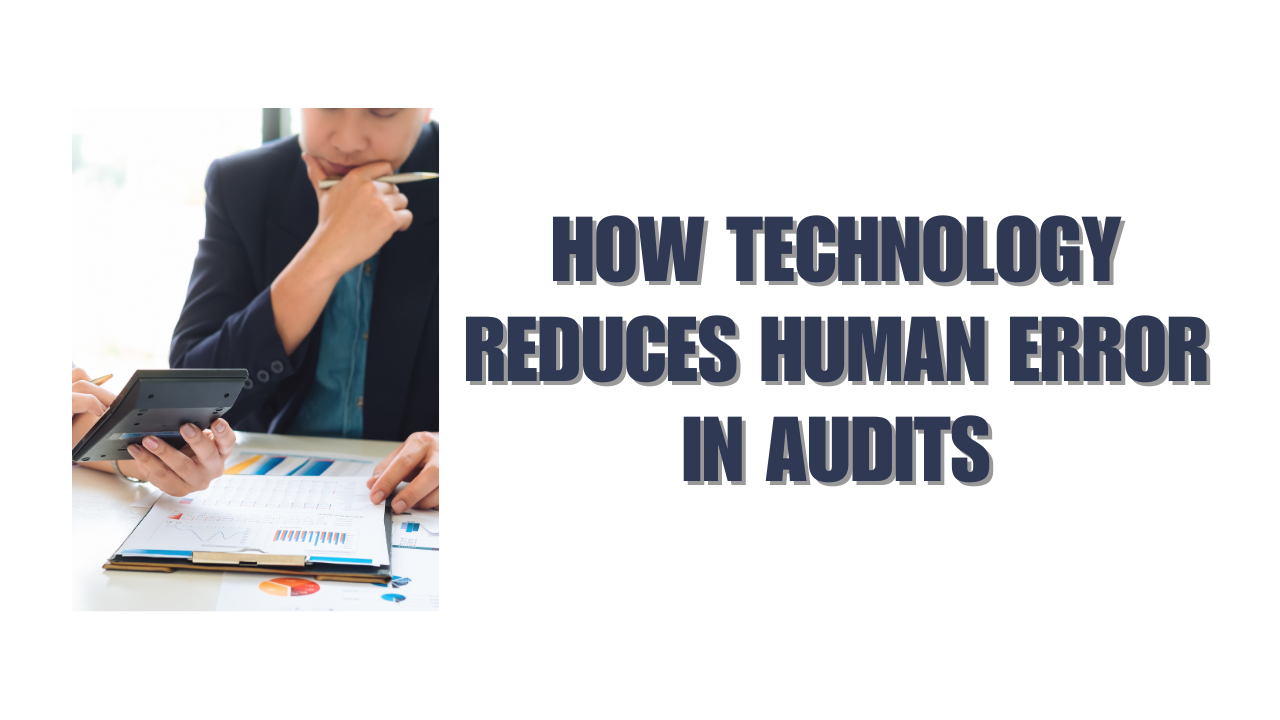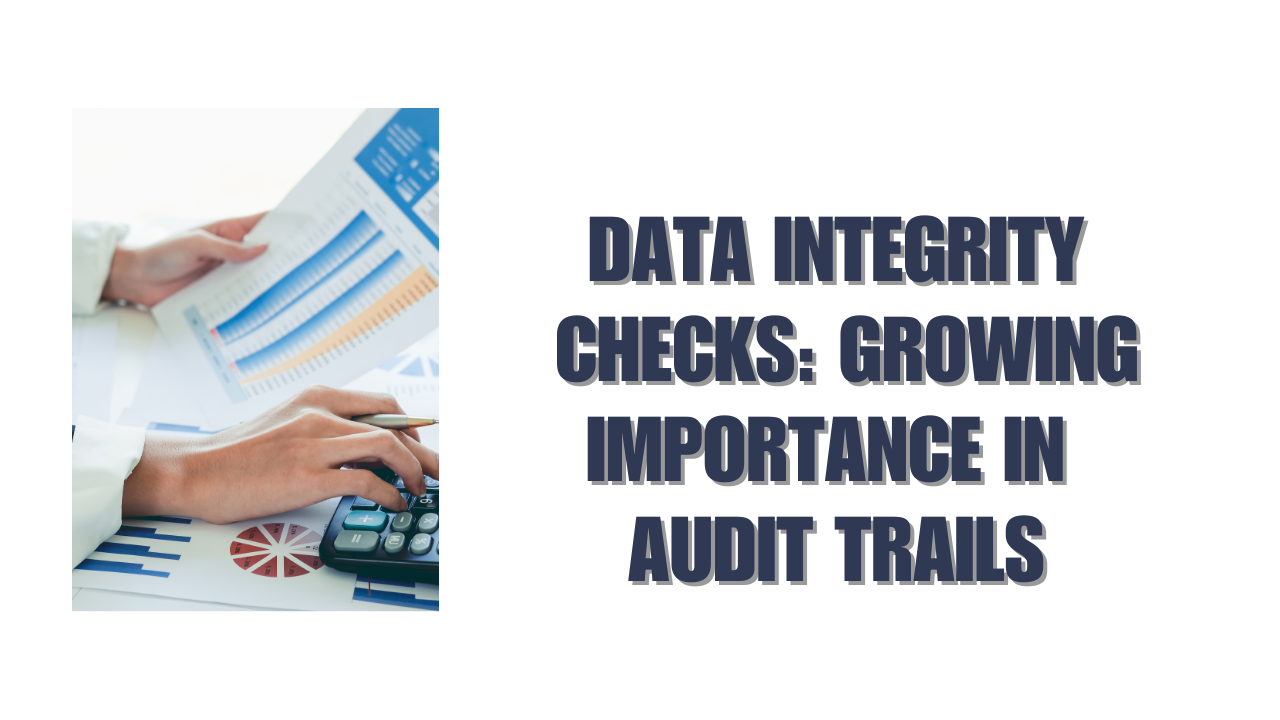In today’s competitive and regulated business environment, financial transparency is not optional—it’s essential. External audit firms play a critical role in maintaining financial accountability, helping organizations demonstrate compliance with accounting standards and instilling confidence among stakeholders. This article explores the function, methodology, and significance of external audit firms, particularly in the context of New Zealand businesses, and highlights how Aurora Financials delivers expert external audit services remotely across the country.
What Are External Audit Firms?
External audit firms are independent entities that assess and verify the accuracy of an organization’s financial records. Their primary objective is to evaluate whether the financial statements provide a true and fair view of the company’s financial performance and position in accordance with applicable accounting standards and regulations.
These firms are not part of the company being audited, ensuring objectivity and independence. Their conclusions are presented in an audit report, which is often required by regulators, investors, creditors, and other stakeholders.
Difference Between Internal and External Audits
| Criteria | Internal Audit | External Audit |
|---|---|---|
| Purpose | Improve internal controls and operations | Verify accuracy of financial statements |
| Conducted by | Internal staff or internal audit department | Independent external audit firm |
| Frequency | Continuous or periodic | Annually or as required by law |
| Reporting | Management-focused | Stakeholder-focused (external users) |
While internal audits are useful for continuous improvement, external audits provide assurance to parties outside the organization.
Key Responsibilities of External Audit Firms
1. Financial Statement Verification
External auditors review balance sheets, income statements, cash flow statements, and accompanying notes to ensure they comply with New Zealand Generally Accepted Accounting Practice (NZ GAAP) or International Financial Reporting Standards (IFRS).
2. Internal Controls Assessment
Auditors evaluate the design and effectiveness of internal financial controls to assess whether financial information is recorded and processed accurately.
3. Compliance Checks
External audit firms confirm whether the organization complies with applicable legislation, tax obligations, and financial reporting standards.
4. Fraud Detection
Although not their primary goal, external auditors may identify signs of fraud or financial misrepresentation through their rigorous procedures.
5. Risk Management Insights
Their findings often reveal financial risks or vulnerabilities, which can inform better governance and operational controls.
The External Audit Process Explained
Understanding how external audits are conducted helps businesses prepare better and streamline the process. The typical audit follows several technical steps:
Step 1: Engagement and Planning
An engagement letter is signed, defining the scope, timeline, and responsibilities. The audit team gathers initial information about the company, including financial statements, policies, and prior audit reports.
Step 2: Risk Assessment
Auditors identify key risk areas where material misstatements may occur. This may include revenue recognition, asset valuations, or complex transactions.
Step 3: Internal Controls Testing
This involves evaluating processes such as invoicing, payroll, procurement, and reconciliations to determine their reliability.
Step 4: Substantive Testing
Auditors perform detailed procedures, such as sampling transactions, verifying account balances, and cross-checking financial data with third-party sources.
Step 5: Evaluation and Reporting
Findings are compiled into a formal audit report. If financial statements are accurate and compliant, an unqualified (clean) audit opinion is issued. Any concerns or limitations are documented in modified opinions.
Why External Audits Matter
1. Enhances Transparency and Trust
Audited financials build credibility with investors, lenders, regulators, and customers. They show that a business is committed to accurate reporting and ethical practices.
2. Mandatory Compliance
In New Zealand, certain entities—such as public companies, large overseas-owned businesses, and charities over a specific threshold—must undergo external audits as per the Financial Reporting Act 2013.
3. Facilitates Business Growth
Clear and accurate financials attract investors, support loan applications, and assist in merger or acquisition discussions.
4. Identifies Operational Improvements
Audit recommendations can improve efficiency, reduce errors, and enhance risk management.
5. Encourages Good Governance
External audits reinforce strong governance by holding leadership accountable for financial accuracy.
Aurora Financials: Expert Remote External Audits Across NZ
Aurora Financials is a remote accounting and audit firm that specializes in providing external audit services to businesses throughout New Zealand, including Wellington, Auckland, Christchurch, and regional centers.
Our Approach to External Auditing
- Remote Engagement: We use secure digital tools to gather documents and collaborate with clients, eliminating the need for on-site visits.
- Tailored Risk Assessment: We understand industry-specific risks and design audit procedures accordingly.
- Regulatory Compliance: Our audits are conducted in accordance with New Zealand auditing standards, NZ GAAP, and IFRS where applicable.
- Clear Communication: We maintain regular updates, ensure transparency during the process, and present our findings in a straightforward, actionable format.
Who We Work With
- Small and medium-sized businesses
- Not-for-profits and charities
- Private companies with complex financial reporting needs
- International businesses with NZ operations
Choosing the Right External Audit Firm
When selecting an audit partner, consider the following:
1. Independence
Ensure the audit firm has no conflicts of interest or ties to your company. Independence is critical to audit credibility.
2. Industry Expertise
Choose firms with experience in your sector, as they’ll better understand your challenges and compliance needs.
3. Communication Style
A good audit firm communicates clearly and provides actionable feedback without unnecessary complexity.
4. Use of Technology
Remote auditing, secure document portals, and data analytics tools enhance accuracy and efficiency.
5. Reputation and Certification
Verify that the firm is licensed and recognized by the Chartered Accountants Australia and New Zealand (CA ANZ) or other appropriate regulatory bodies.
Common Challenges in External Audits (and How to Overcome Them)
1. Incomplete Documentation
Solution: Organize financial records, contracts, and receipts well in advance of the audit.
2. Poor Internal Controls
Solution: Conduct a pre-audit review or engage an internal control consultant.
3. Misunderstanding Audit Scope
Solution: Clarify expectations early on and stay in regular contact with your audit team.
4. Time Constraints
Solution: Agree on timelines and provide responsive communication to avoid delays.
External Audit Myths Busted
Myth 1: External audits are only for large companies. Fact: Many SMEs and not-for-profits also benefit from or are required to conduct external audits.
Myth 2: Audits are meant to find fraud. Fact: While audits may uncover fraud, their main goal is to verify financial statement accuracy.
Myth 3: Remote audits are less reliable. Fact: With the right technology and protocols, remote audits are just as thorough and effective.
Conclusion
External audit firms are an essential part of modern financial accountability. They provide independent assurance that a company’s financial reports are accurate, complete, and compliant with regulations. With increased scrutiny from regulators, stakeholders, and the public, businesses cannot afford to overlook the importance of external audits.
Aurora Financials brings expert, independent auditing directly to your business—wherever you are in New Zealand. Our remote audit services are secure, efficient, and tailored to your needs. Partner with us for your next audit and experience a transparent, insightful process that strengthens your business foundation.
Frequently Asked Questions (FAQs)
1. What is the primary function of external audit firms?
To independently verify the accuracy and compliance of a company’s financial statements with accounting standards.
2. Are external audits mandatory in New Zealand?
Yes, for certain entities such as FMC reporting entities, large companies, and registered charities that meet reporting thresholds.
3. How do remote external audits work?
Documents are shared securely online, meetings are held via video conferencing, and audit procedures are completed using cloud-based tools.
4. Can external auditors detect fraud?
While fraud detection isn’t the primary goal, auditors may uncover fraudulent activities during the audit process.
5. Why choose Aurora Financials for external audits?
We offer expert, remote audit services tailored to New Zealand businesses, ensuring compliance, transparency, and convenience.






